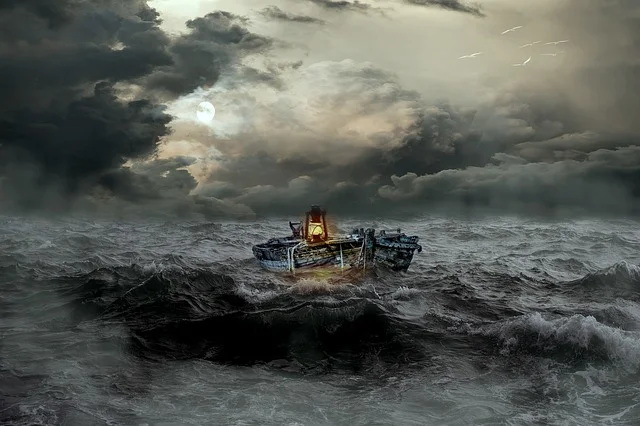Beliefs That Aren’t Our Own
pixabay.com
For most of us, when we’re growing up, we’re exposed to plenty of structure. From our family rules to our religion to our social and community expectations, we’re guided (explicitly or implicitly) by defined sets of rules that tell us what to do, how to behave and even how to think.
Many of these rules and constructs are helpful. They ensure we don’t get ourselves in trouble or out others in harm’s way, for example.
But many of them aren’t, sometimes when we’re still young but more so (especially) as we grow older. As wonderful and as well intentioned as our ‘rule makers’ (parents, teachers, religious guides, community leaders, etc.) may have been, they were still human. And as humans, they were still fallible, still flawed, building on their own rule bases, experiences and circumstances.
As we grow older, then, I’ve come to realize that it’s important to evaluate this - in two ways.
First, in terms of the rules I personally live by. What are the constructs we operate under? What are our beliefs and ideas? Especially in areas that create some level of dissonance. Where are we limiting ourselves? Where are we excluding ourselves and others? This is my fundamental issue with any belief systems that are “organized” - the way many of them are implemented make them exclusionary by default. My community/religion/society/etc is better than yours. But on what basis? If we were simply born into that construct, then how do we know anything else?
The second way is in terms of the rules we put in place for our kids. What are we teaching them that helps or hinders them? And that too for the society that theywill grow up in? Just because something worked for us doesn’t mean it will work for them. And if that’s the case, how is our belief system helping? This is hard, I’ll admit. And I’ve been far from perfect in this regard myself. But I will say that one of my greatest educations has come from listening to my children question why I’ve asked them to do something in this way, or why I’ve behaved in that manner. I’ve tried to critically evaluate myself in those instances and assess why I did and if perhaps, if it was based on a valid idea or principle. Again, far from perfect, but I’m trying.
The point is that we’re far too often guided by ideas and constructs and belief systems that are not fit for purpose for what we need to do. They cause more problems than they solve. And so it’s essential for us to rethink them.
Look, to be clear, I’m not suggesting we ditch everything and live by our wits alone. There’s tremendous value in our heritage, our culture and our upbringing.
But when we let it limit us, or make us start limiting others, we lose.







